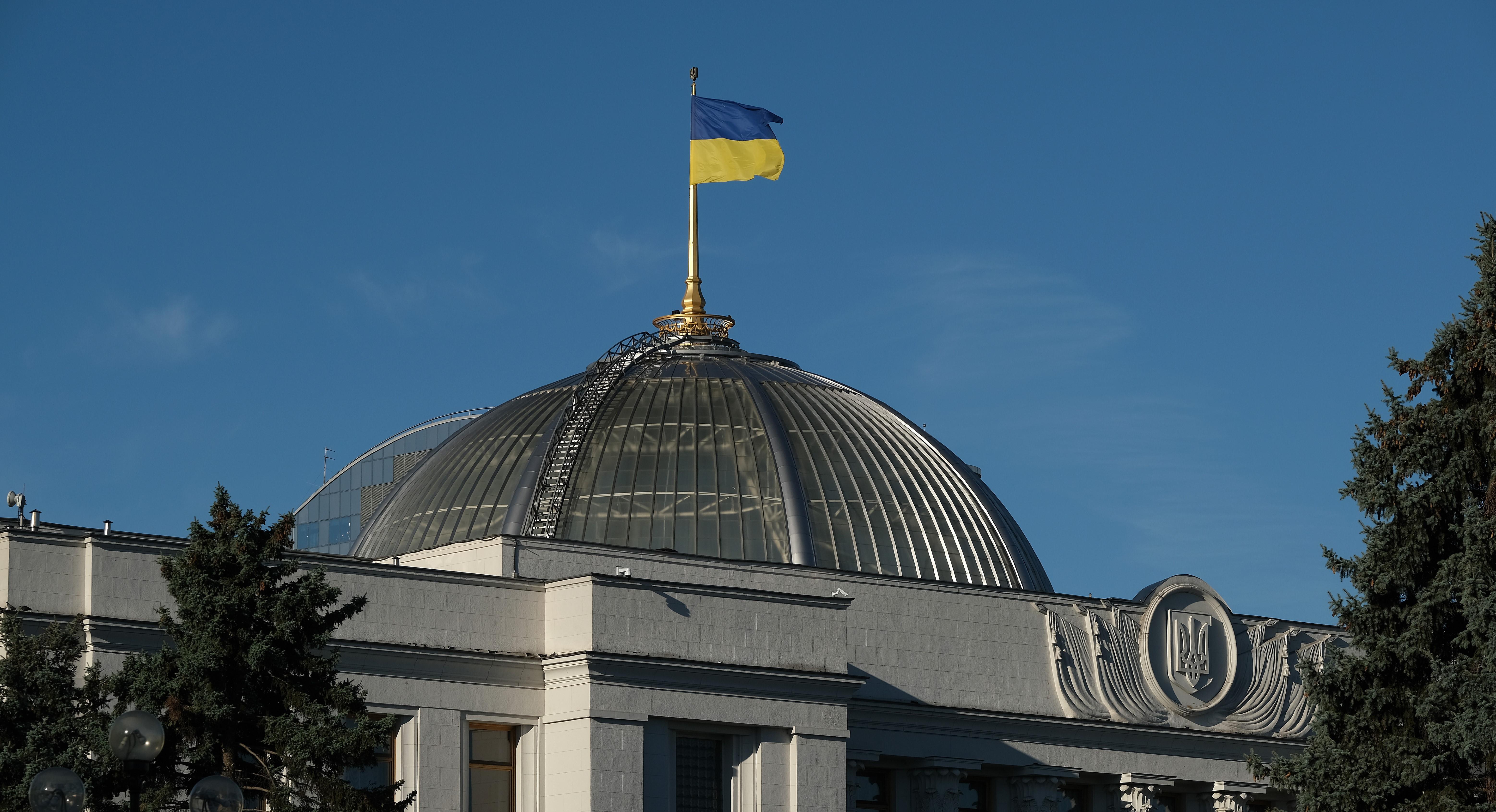Ukraine's New Bitcoin Law—Legalization Process, Explained
Following El Salvador's legalization of Bitcoin as official currency, Ukraine is following suit—sort of. Here's what we know about the new Bitcoin law.
Sept. 10 2021, Published 11:21 a.m. ET
El Salvador took a step forward on Sept. 7 and made Bitcoin a legal tender alongside the U.S. dollar. President Nayib Bukele increased the nation's crypto holdings shortly thereafter. Bitcoin's subsequent volatility showed that investors are cautious. Although Ukraine has legalized Bitcoin in its own country, but the situation is different than in El Salvador.
Here's what Ukraine's new Bitcoin law really means for the country—and the world of miners and investors around them.
Ukraine legalizes Bitcoin in latest move
The Eastern European country of Ukraine, which has a European Union Association Agreement in place, has officially legalized Bitcoin.
The Ukrainian Parliament made the decision on Sept. 9, and the result was near-unanimous. The bill first started the judiciary process in 2020.
In Ukraine, the legalities surrounding cryptocurrency trading have largely been gray over the years. During that time, regular investors could buy and sell cryptocurrency without worry. However, businesses had difficulty dealing with crypto as law enforcement kept a watchful eye of their every move.
Now, Ukraine's crypto law that legalizes Bitcoin makes it more black and white for the country of 44.4 million people (and the businesses among them).
In addition to legalizing cryptos, Ukraine's crypto law protects investors from fraud.
In addition to providing a legal landscape for businesses and investors to deal with Bitcoin and other cryptocurrencies, Ukraine's law also protects crypto owners against fraud.
How Ukraine's Bitcoin law differs from El Salvador's
While El Salvador made Bitcoin a legal tender, Ukraine is simply legalizing it. This means that it's decriminalized, especially for businesses that want to deal with digital assets.
In El Salvador, any business can officially accept Bitcoin as payment for goods and services. In Ukraine, business owners can't be charged for dealing with crypto. Ukraine's only legal tender remains hryvnia, which has a lot more foothold than Bitcoin.
Ukraine has been leary of crypto, but things are changing.
Law enforcement in Ukraine has said that cryptocurrency is fraudulent, a scam, and generally clandestine.
Last month, a network of traders in the country's capital of Kyiv was blocked by the SBU (Security Service of Ukraine). The SBU claimed that the defendants were laundering money due to the anonymity of the transactions.
Ukraine's president still has to sign off on the Bitcoin law.
It isn't over yet for crypto-loving Ukrainians. Following the parliamentary approval, Ukraine President Volodymyr Zelenskyy has to approve the law. He's expected to do so to keep the law in place. Earlier this month, President Zelenskyy said in a speech, "Ukraine is open for investments in the IT sector in cooperation with U.S. businesses. We want your business to be interested not only in the possibilities of opening representative offices in Ukraine, but also in investing in Ukrainian innovative products."
Assuming that President Zelenskyy signs the law into place following Parliament's approval, the country will move toward its plans to open up the cryptocurrency market for businesses and investors as early as next year. This is evidence that Bitcoin's globalization is happening, albeit one nation at a time.


